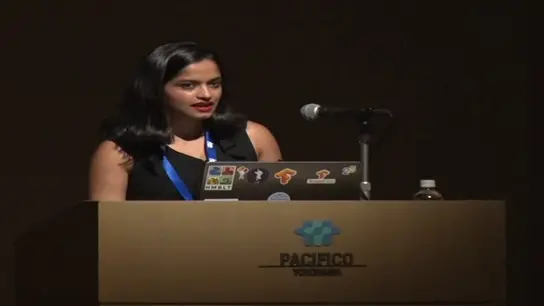Helping Nature Find a Way: the Role of Computational Intelligence in Synthetic Biology
Jennifer Hallinan
-
Members: FreeCIS
IEEE Members: Free
Non-members: FreeLength: 00:58:16
15 Aug 2022
Synthetic biology, which involves the large-scale engineering of genomes, makes full use of bioinformatics tools and databases, for purposes such as identifying promoters, assembling newly sequenced genomes, and predicting protein-protein interactions. However, the cell is a complex system, and thus predicting and simulating the effects of changes to a genome is a non-trivial exercise. Consequently, most synthetic biology is conducted in the laboratory, and little attention is paid to concepts such as the role of fitness landscapes, which are fundamental to computational intelligence. Although deep learning has been applied in this area with considerable success, the use of approaches such as fuzzy logic and evolutionary computation is frequently overlooked. In this talk I summarize the use of computational intelligence approaches in synthetic biology, including work done in our laboratory, and discuss the future of the field.


